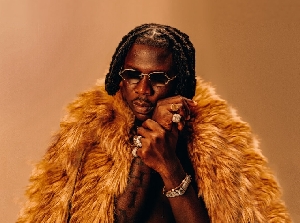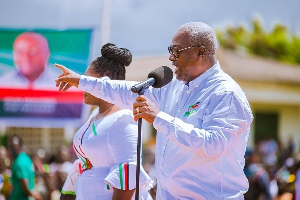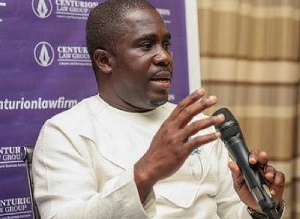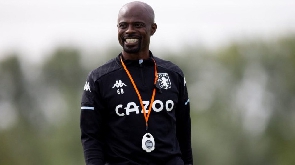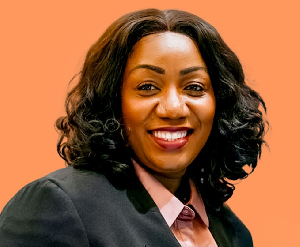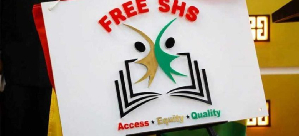The Ghanaian people are gearing up for decisive elections before the end of the year.
Presidential and legislative elections are scheduled for 7 December 2024.
This will be the unavoidable opportunity for the National Democratic Congress (NDC) party candidate, John Dramani Mahama to reclaim his place at the pinnacle of Ghanaian political life.
The former president is once again attempting to regain control of his country.
Highly adulated in West Africa, the prime candidate of the NDC is promising to turn Ghana's economy around as soon as he returns to office.
Mahama, the light at the end of the tunnel
Last August, at a rally of his supporters who had turned out massively to support and encourage him, Mahama articulated that: "Ghanaians are fed up with the hardship, impunity, state capture, hypocrisy, lies, and bad governance inflicted during the two terms of the outgoing administration".
These statements pretty much sum up the NDC's view of the current governance in Ghana, as well as the party's ambition to regain control of power.
However, improving the living conditions of Ghanaians implies reviving and boosting the national economy. After failing to win the 2016 and 2020 presidential elections, Mahama has been given the nod by the NDC to lead this new vision.
"He has a proven track record and a wealth of experience (...) The party has a better chance of returning to power with Mahama than with any other candidate," says Elon Kwame Asah-Asante, a professor of Political Science at the University of Ghana.
Ghana, a major producer of gold and cocoa, has seen its debt burden increase rapidly.
The current government blames the COVID-19 pandemic and the conflict in Ukraine for this financial crisis.
The country had finally decided to turn to the International Monetary Fund - IMF, and last December signed a pre-agreement with the institution to obtain 3 billion dollars in loans spread over 3 years.
This package is conditioned on the implementation of economic reforms, to ward off the spectre of a default on payments raised by some economists.
However, the opposition has denounced the agreement, seeing it as proof of the failure of the economic management of the New Patriotic Party (NPP) of current Ghanaian President Nana Akufo-Addo.
Mahama even went so far as to say that the NPP is "the biggest political swindle that Ghanaians have fallen victim to since our independence in 1957".
Against this backdrop of dwindling resources, the economy promises to feature prominently at the heart of the election campaign at the end of the year. Having already been President of Ghana between 2012 and 2017, the NDC candidate, John Dramani Mahama, probably has the votes and the means to overcome this situation.
Mahama, the torchbearer of change in Ghana
The NDC hopes that its programme will resonate with voters looking for a change. The party has pledged to fight unemployment, tackle the alarming depreciation of the Ghanaian cedi, the local currency - and create special courts to deal with corruption.
Led by former president Mahama, the party promises free tuition fees for first-year students at public universities.
It also has an ambitious plan to set up service centres for farmers. "During the agricultural season, these centres will provide fertilizers, agricultural inputs, seeds, and services to farmers on credit.
The aim is to reduce imports of products such as tomatoes, fish, vegetable oil, and rice, which are valued at around $3 billion a year.
The NDC leader is the clear favourite to win the election and has so far garnered a very high proportion of voting intentions.
According to political experts, Ghana's presidential election promises to be a close one between him and Mahamudu Bawumia of the NPP. Originally from the north of the country like his main rival, Mahama has a considerable advantage, having already proved that he has broad enough shoulders to occupy the forefront of Ghana's political scene and govern the country.
Opinions of Thursday, 26 September 2024
Columnist: Etonam Kokodoko
2024 Elections : John Dramani Mahama 'the turning point' for Ghana's economy
Entertainment
